
Browse all content tagged with this keyword.
Showing 45 results
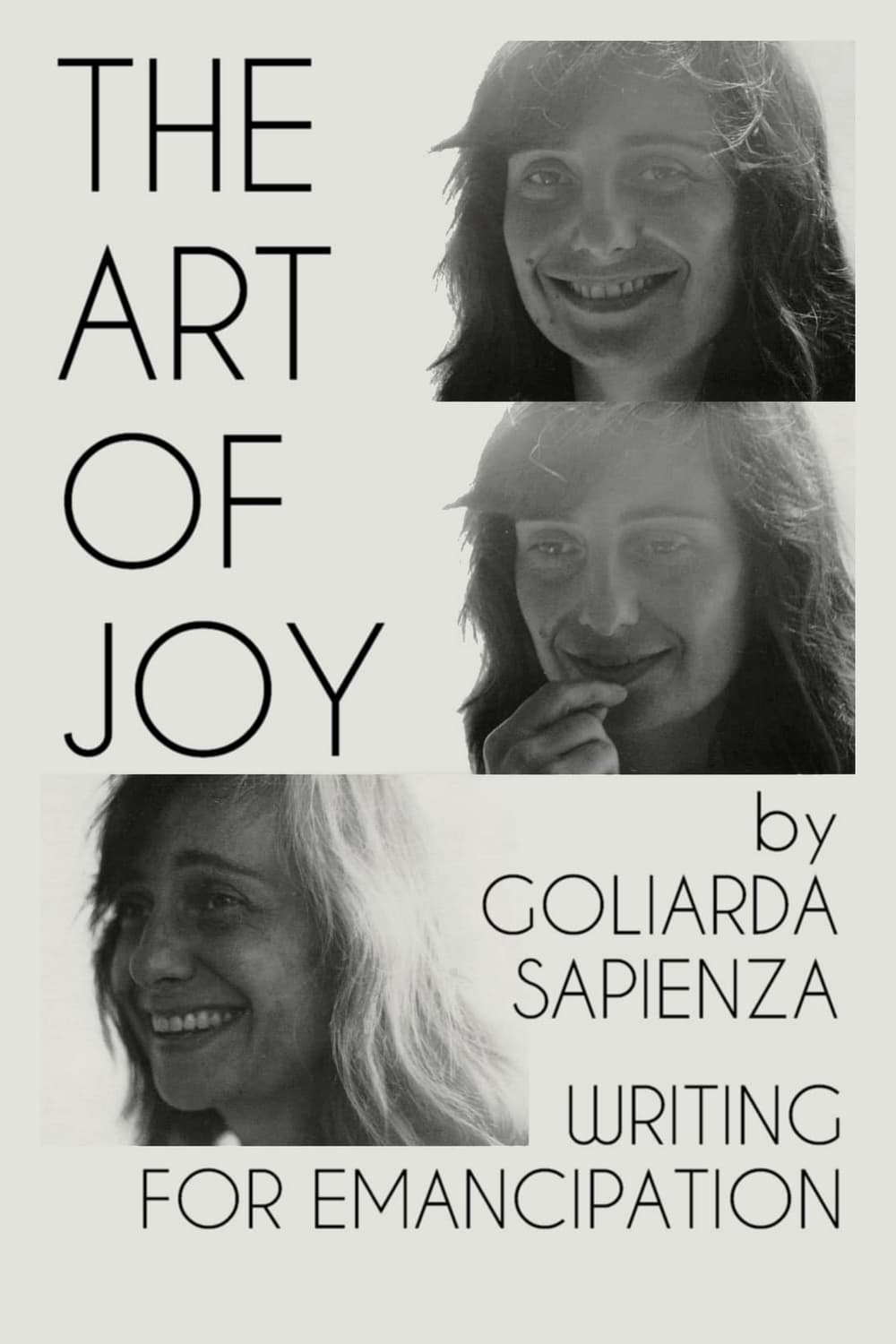
Between 1967 and 1976, Italian writer Goliarda Sapienza (1924-76) wrote...
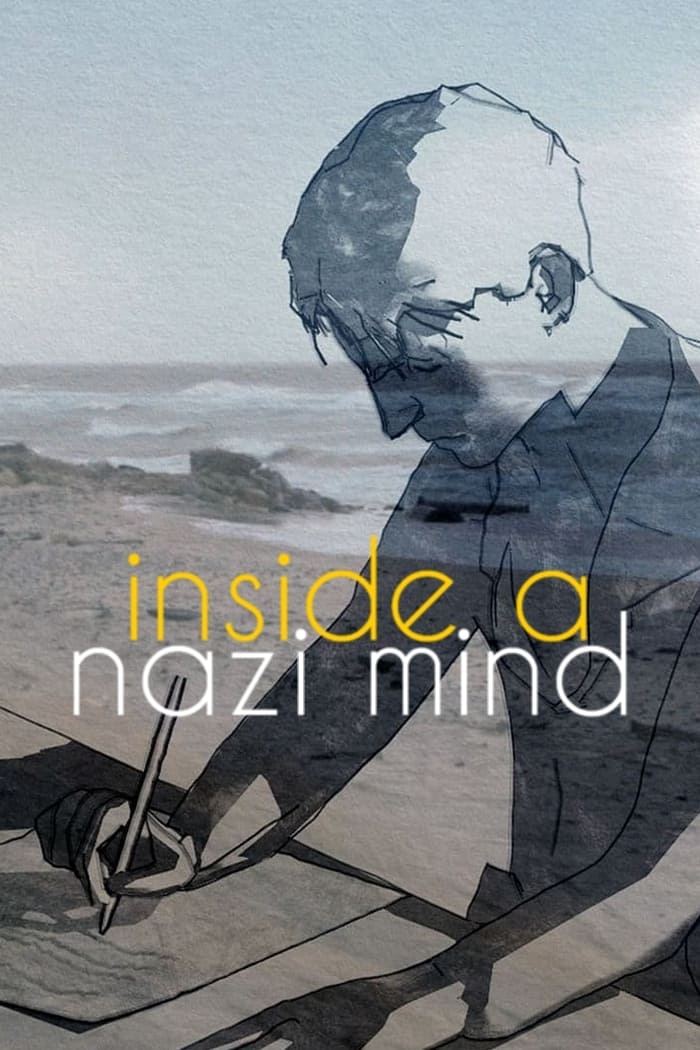
An analysis of The Kindly Ones, Jonathan Littell's controversial novel,...
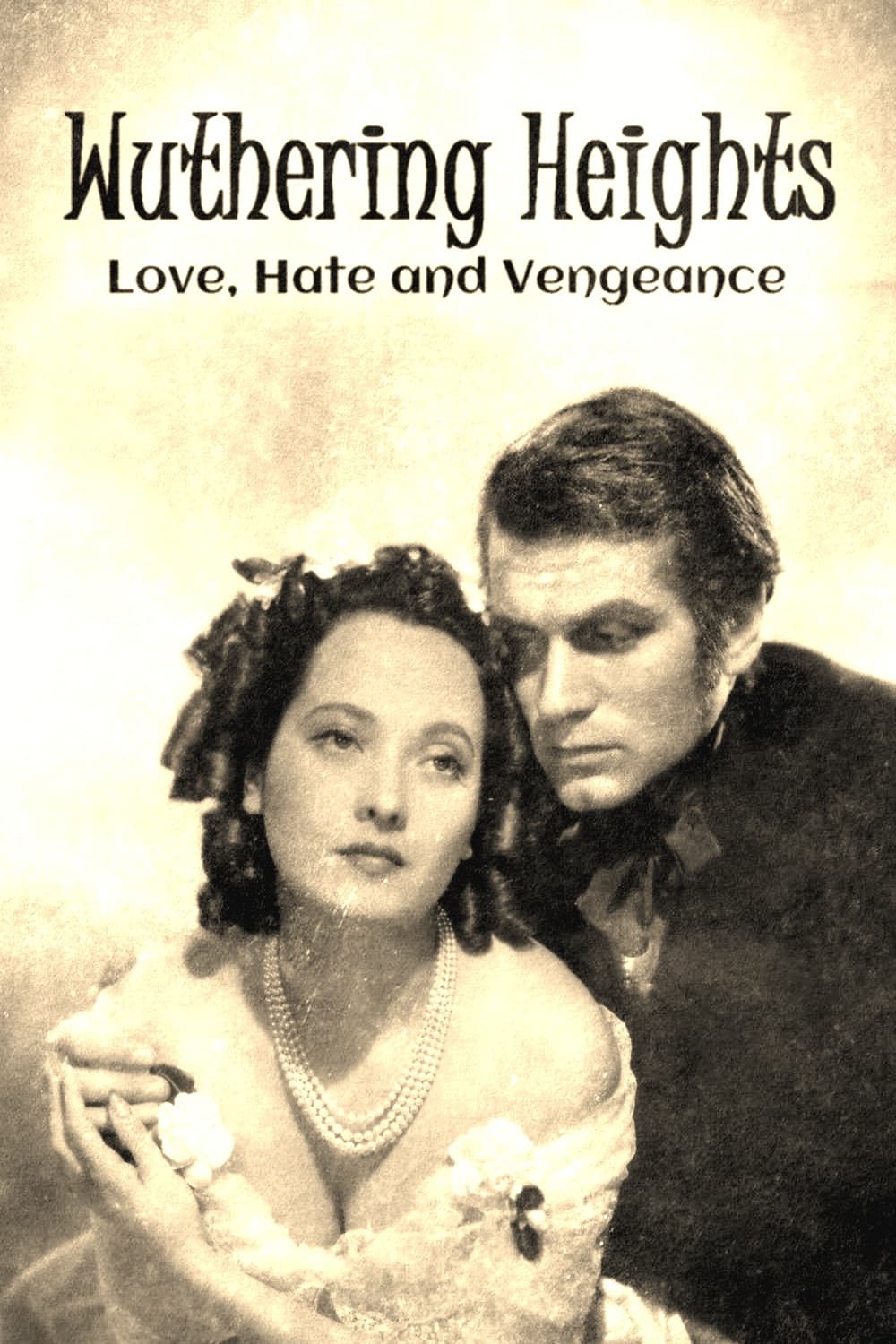
In 1847, British writer Emily Brontë (1818-48), perhaps the most...
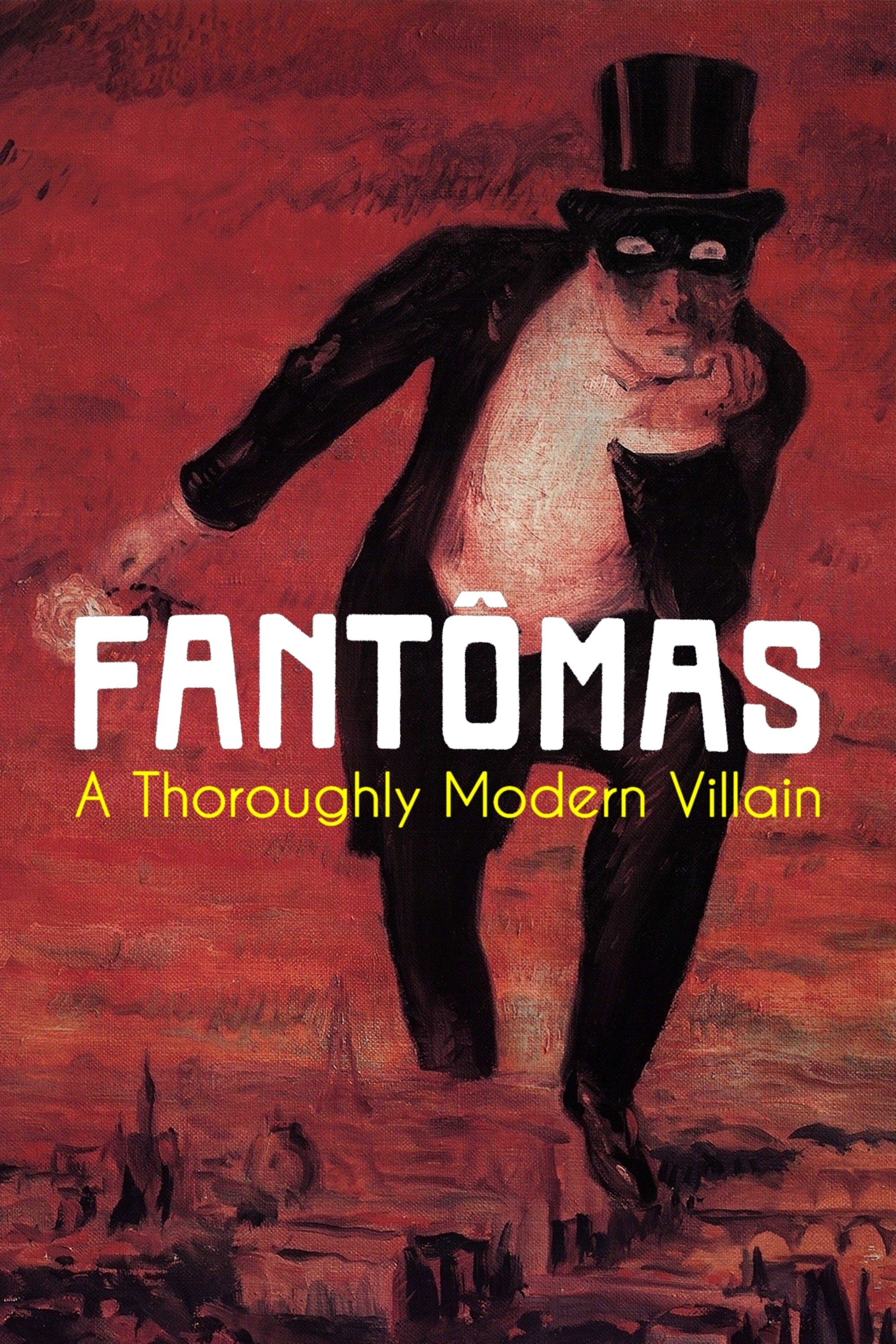
The story of Fantômas, the first villain of modernity, from...
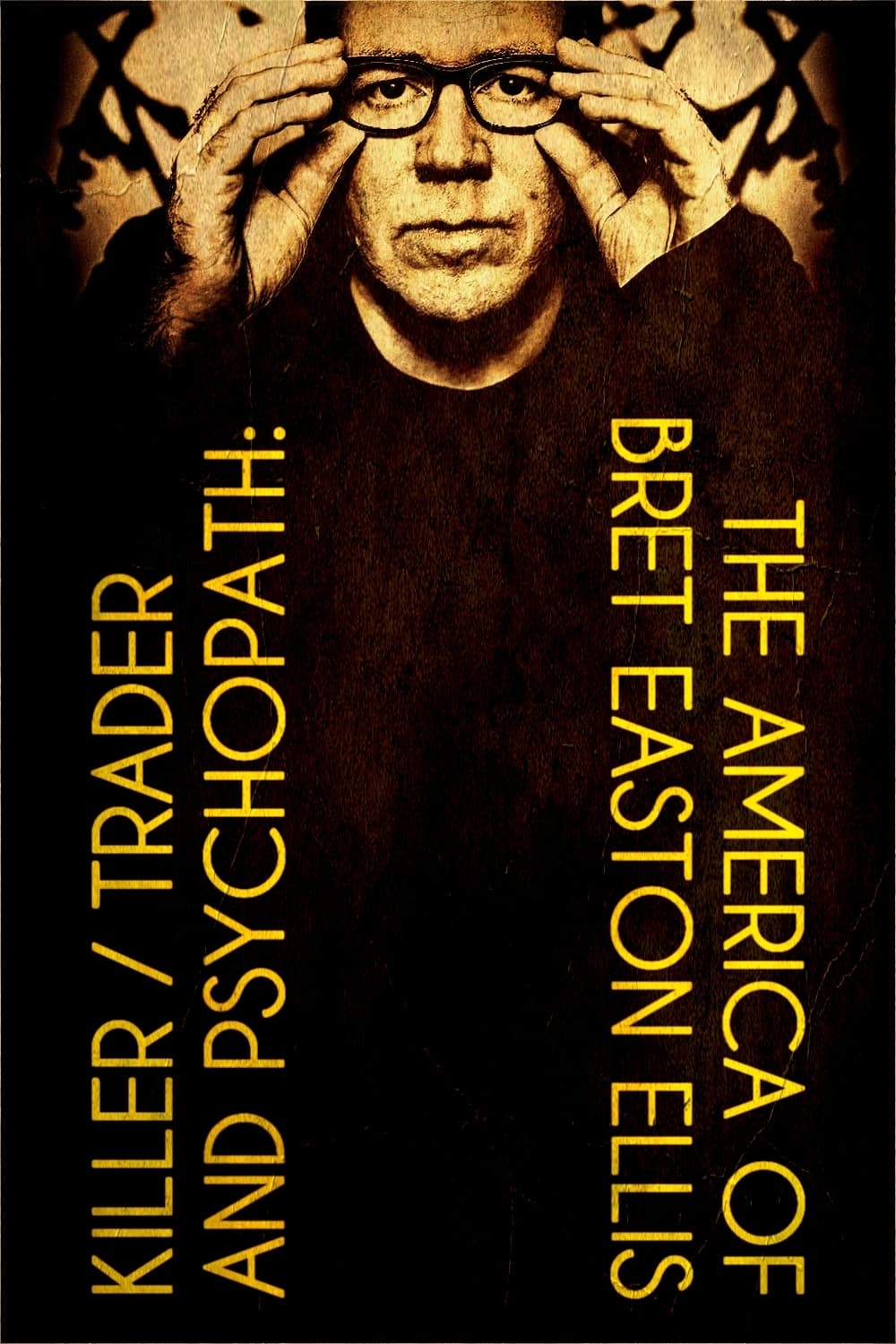
In 1991, American Psycho, the third novel by controversial writer...
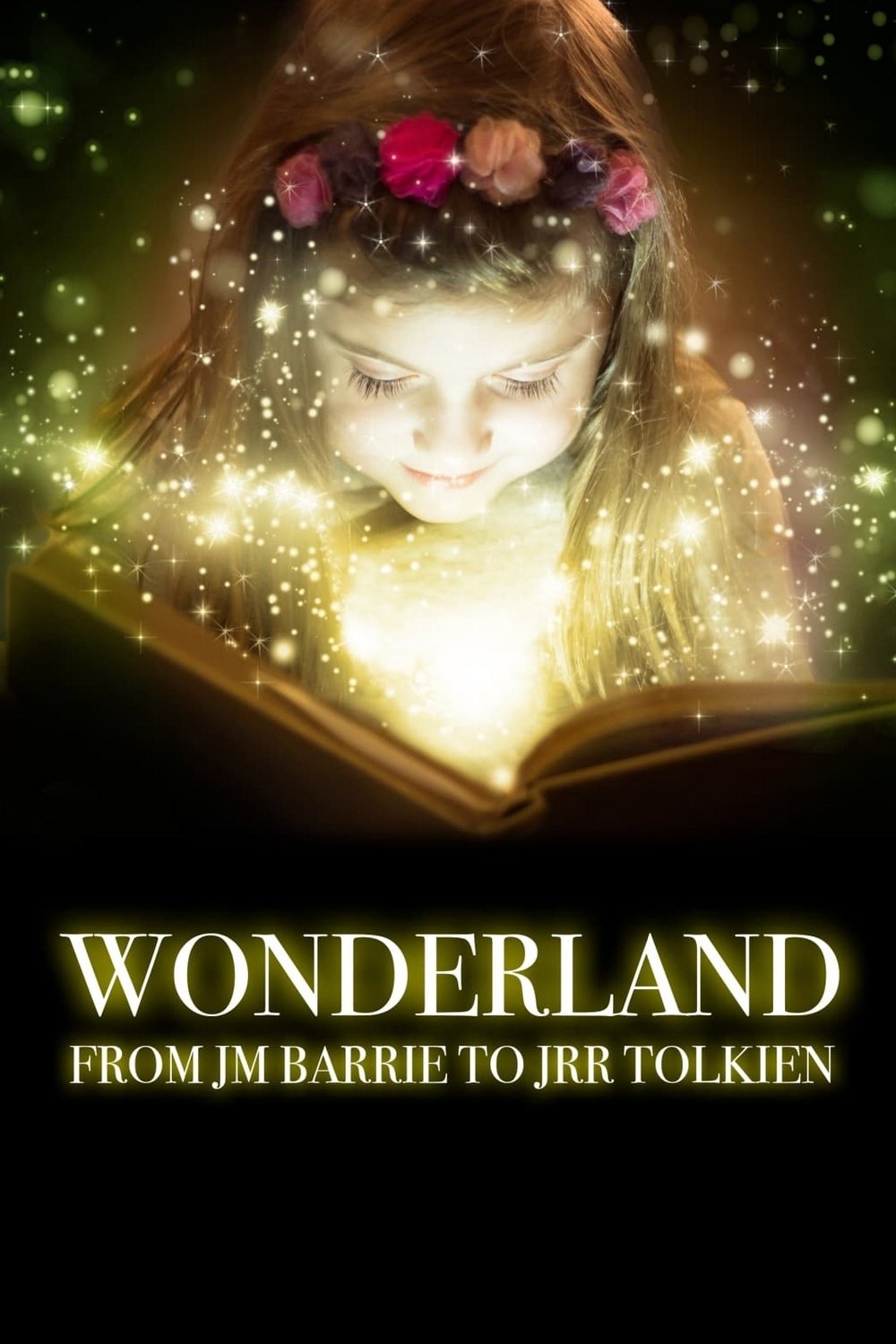
An extraordinary variety of writers, who often suffered terrible adversity...
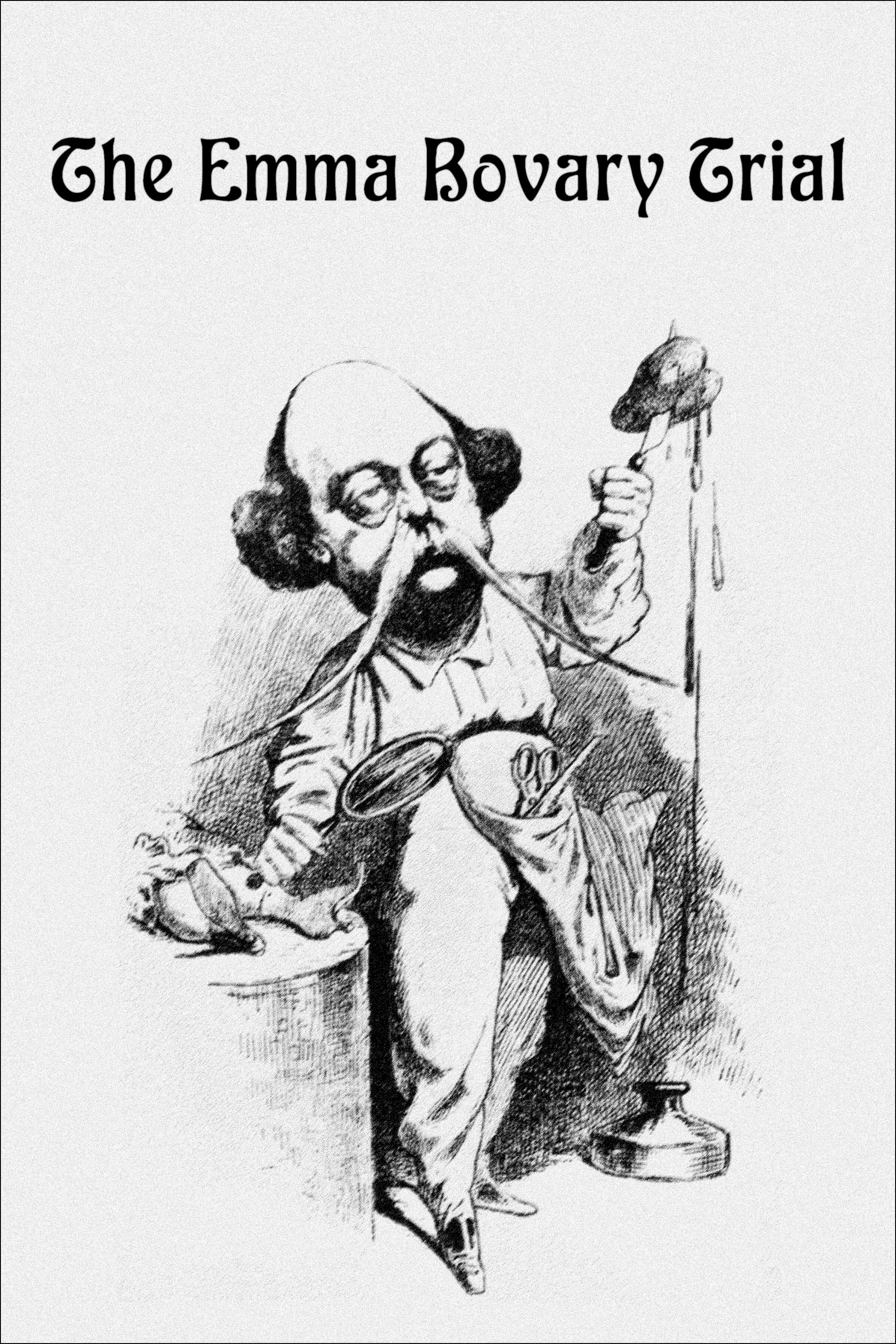
On January 31, 1857, the French writer Gustave Flaubert (1821-80)...
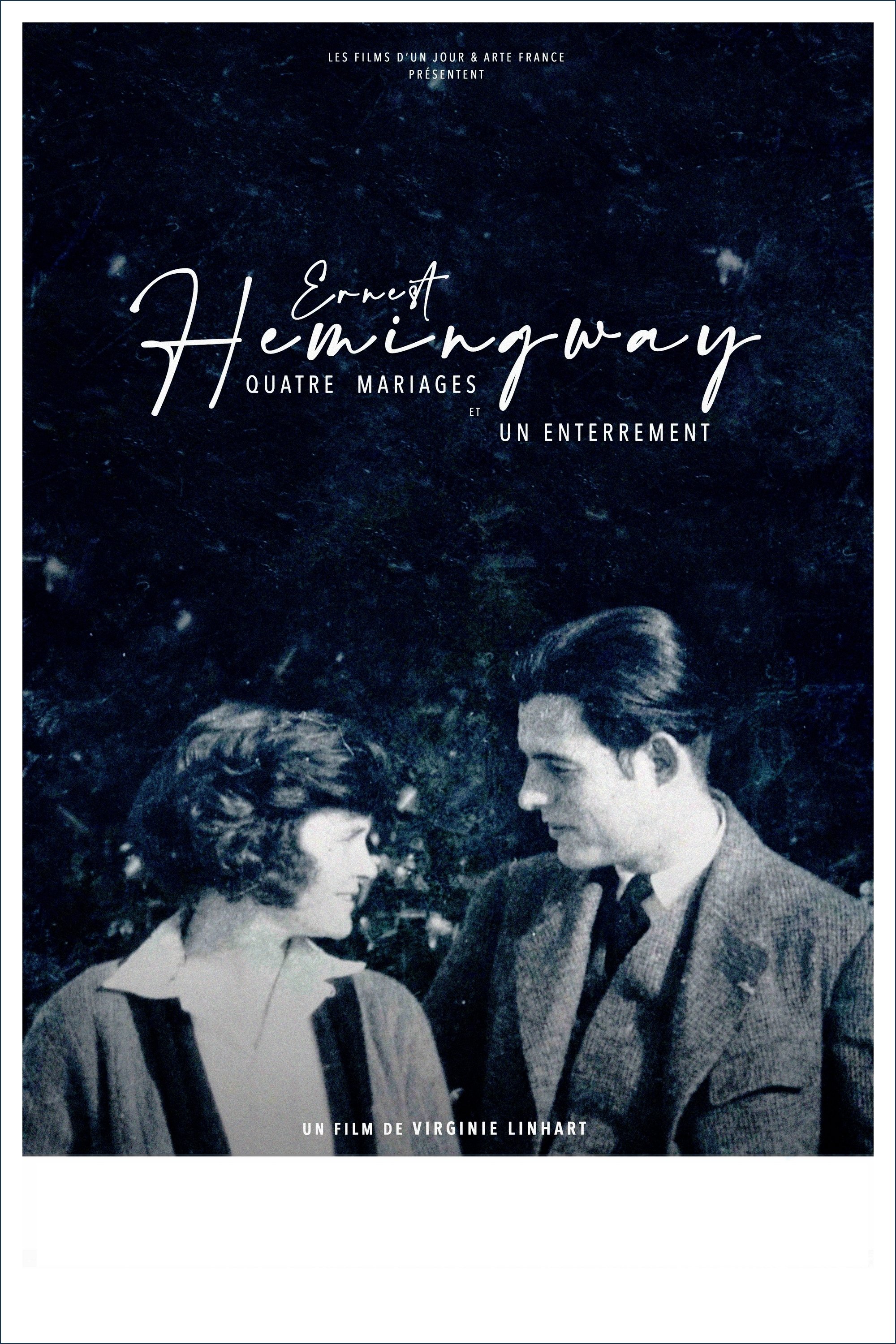
A look at the intimacy of the US writer Ernest...

England, 1960. The Crown sues the publisher Penguin Books in...
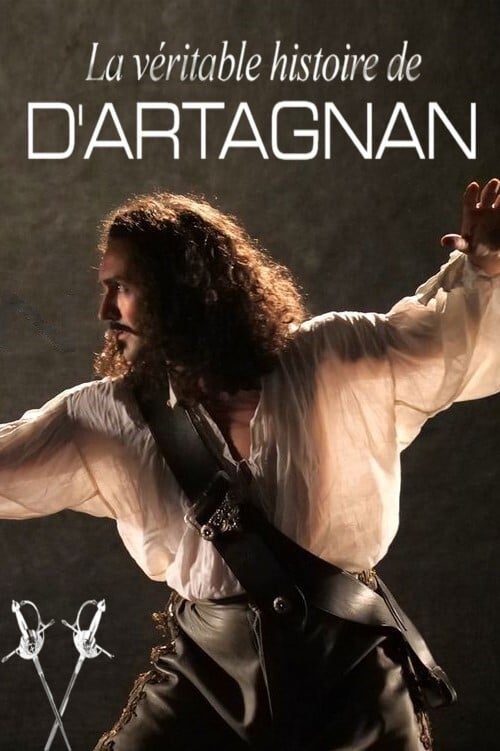
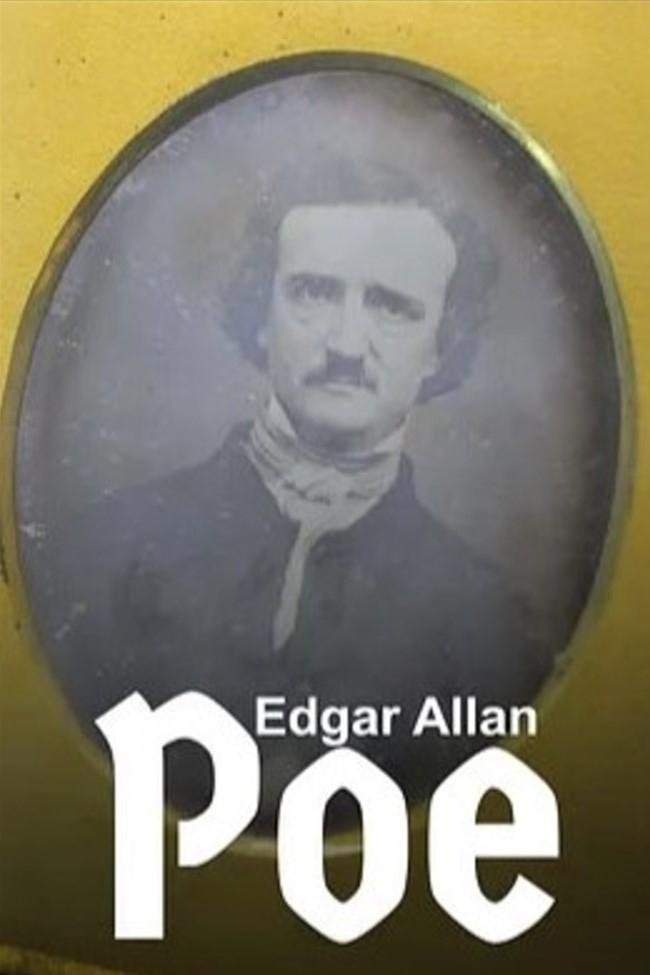
Edgar Allan Poe is one of the most famous American...
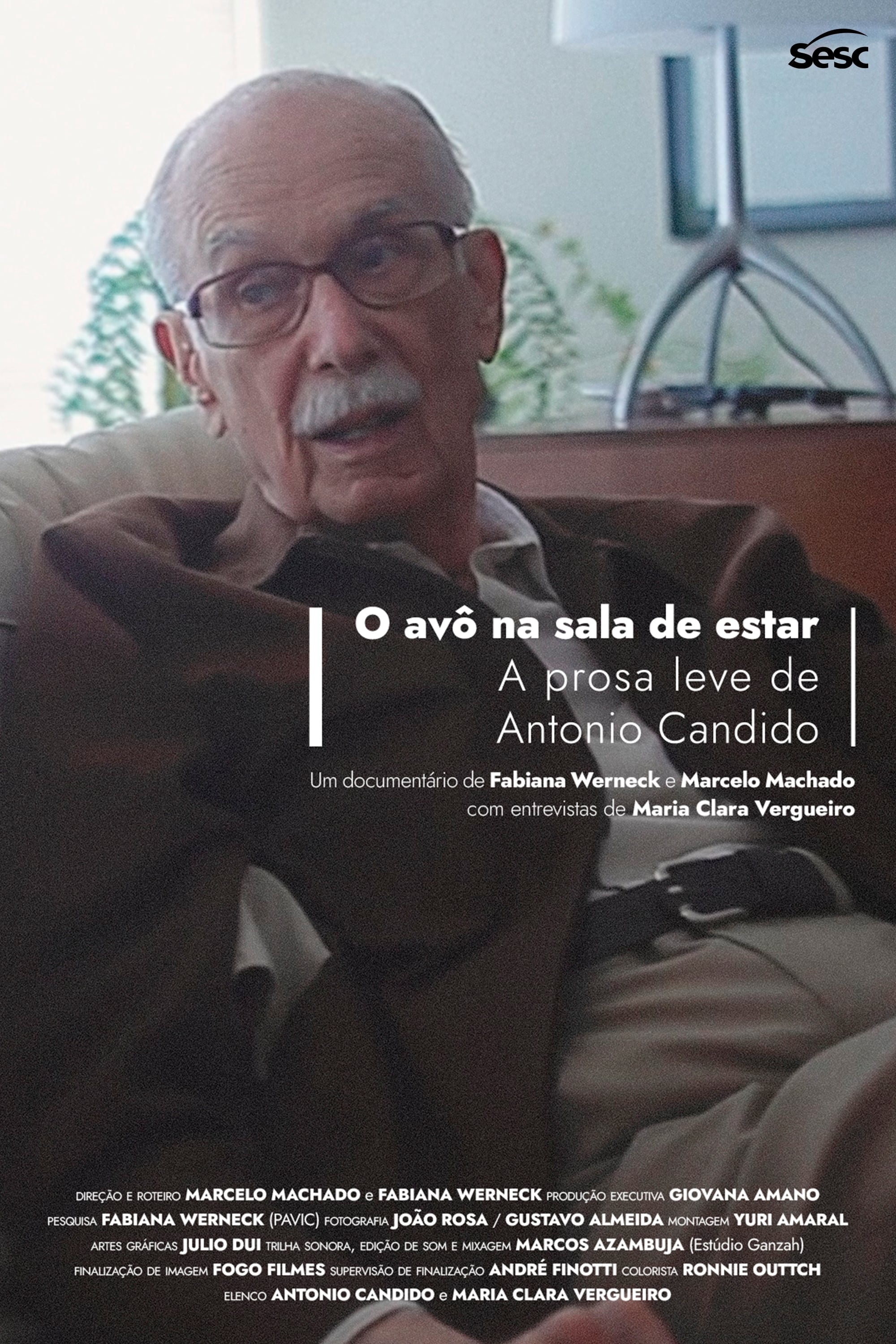
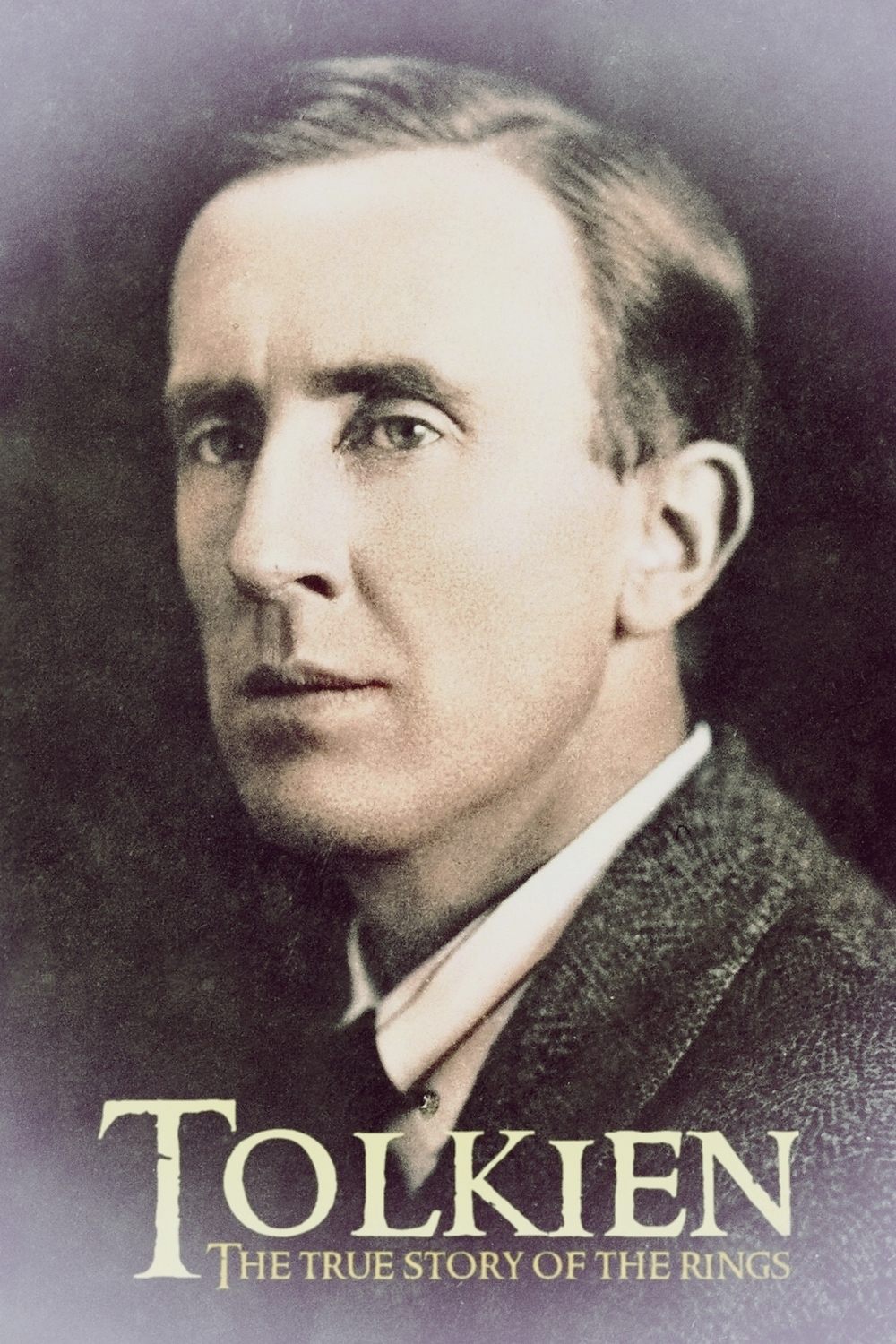
An analysis of the sources of inspiration that fed the...
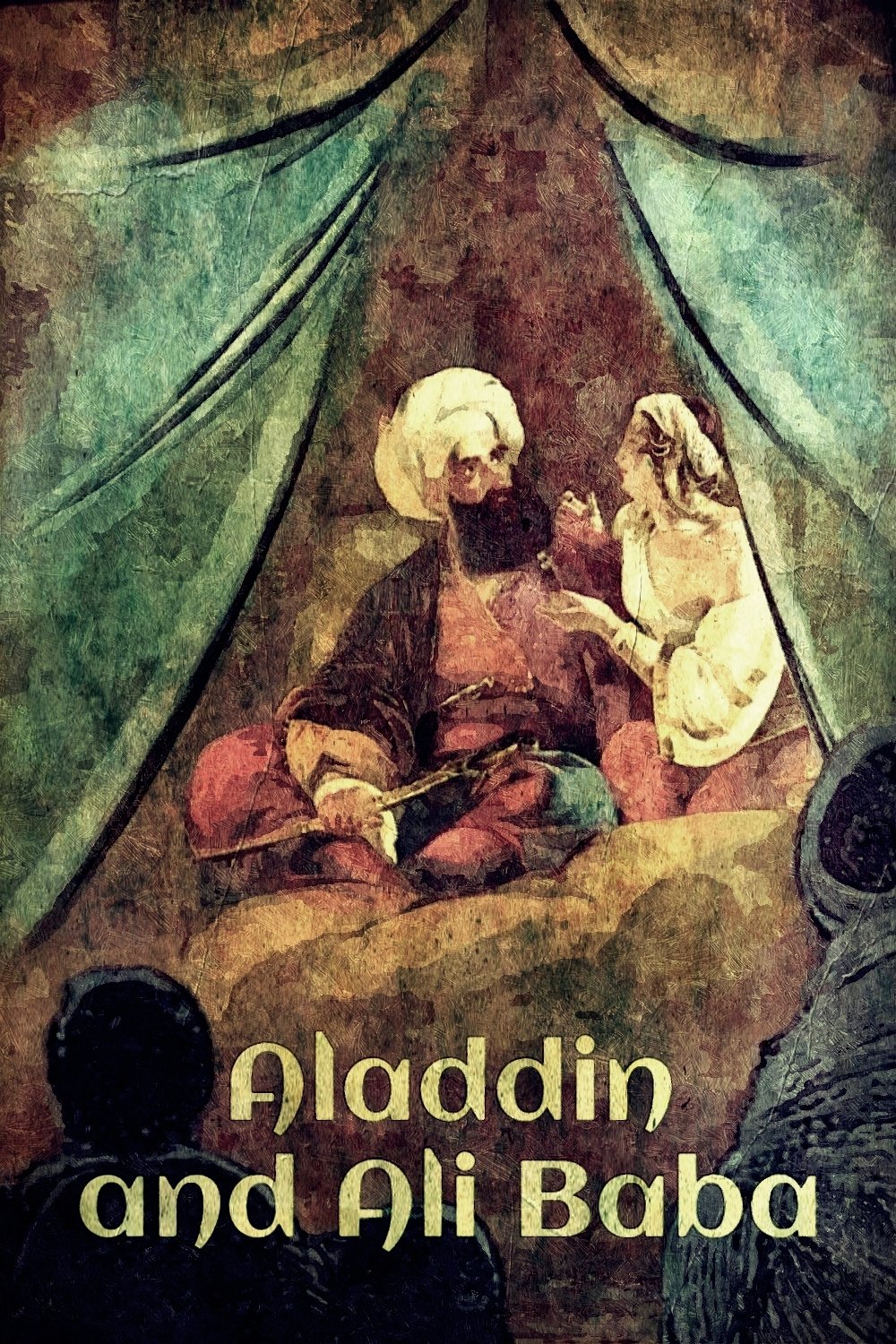
The stories of The Arabian Nights (One Thousand and One...